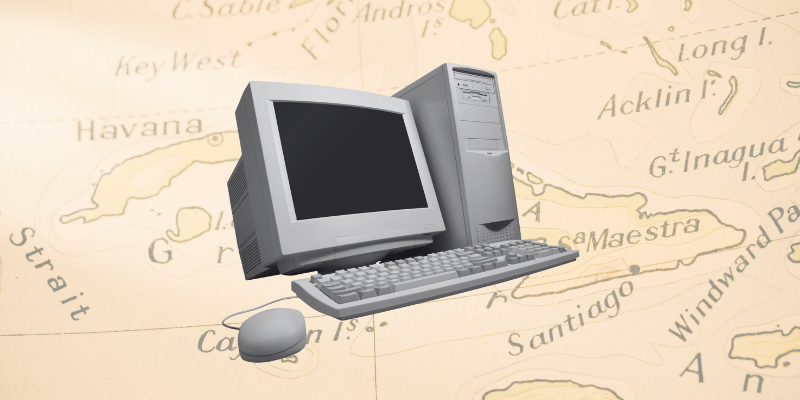Saturday afternoon has fallen upon Rodríguez, and he's indulging in a tranquil moment, sipping rum with his friends while watching Barcelona play Real Sociedad on TV. The wooden table beside him holds an assortment of Cuban treats, including chicharrones and glasses filled with Havana Club 3 Años. However, this peaceful scene is disrupted by Rodríguez's phone vibrating uncontrollably. He quickly grabs it and examines the screen, his demeanor changing in an instant.
“Work,” Rodríguez says, as he swiftly changes into a shirt and trousers. His role involves monitoring online content related to Cuba, specifically focusing on denigrating the Revolution. This includes scrutinizing blogs, foreign media outlets, underground press, and social media platforms for subversive commentary. Rodríguez has multiple Facebook accounts – one real, and two fake ones used to defend Cuba from negative posts about the government or the United States.
According to Maimir Mesa, Cuba's former Minister of Communication (2012-2018), “the online sector should be developed as a weapon in defense of the Revolution, guaranteeing security from risks and threats of all types.” Mesa emphasized the need for an action group within the national security system to perfect this process. Rodríguez corroborates this view, stating that denigrating the Revolution can manifest through various forms, including negative posts about government measures, public criticism of officials, or support for the United States.
Rodríguez has multiple fake Twitter and Instagram accounts, which he uses to disseminate positive ideas about Cuba's achievements as a nation. These efforts are part of his team's strategy to show what Cuba is truly like, rather than merely reacting to criticisms. The role of cyber soldiers extends beyond just countering negativity; they also engage in constructive online debates.
Raiko Hernández, a member of Federacion Estudiantil Iniversitaria (FEU), reveals that trolling is an integral part of the university's curriculum. He shares his experience as a student at the University of Informatics Sciences (UIS) where he was instructed to post positive content about Cuba online and engage in debates with those criticizing the nation. Alina Enteza, another UIS graduate, concurs that cyber soldiers are now Cuba's new revolutionaries.
While UIS students learn essential skills in computer science and information technology, they also participate in military-style operations to promote a positive image of Cuba online. However, not all computer labs on campus are accessible due to restricted access for certain groups. The Ministry of Communication is believed to have developed its guidelines for cyber policing within these labs.
Miguel Díaz-Canel, the former President of Cuba, once stated that “the enemies of the Revolution are conspiring to portray Cuba as a country disconnected from the global internet.” However, this declaration has been met with skepticism given the reality of internet accessibility in Cuba. Only 4 million Cubans can access the internet, and only 7.1 percent of the population have home internet connections.
Rodríguez's work as a cyber soldier involves monitoring online voices that harm Cuba's image and promoting positive content through various platforms. He is required to report monthly on these activities, and his role plays a significant part in shaping public perception of the nation.
